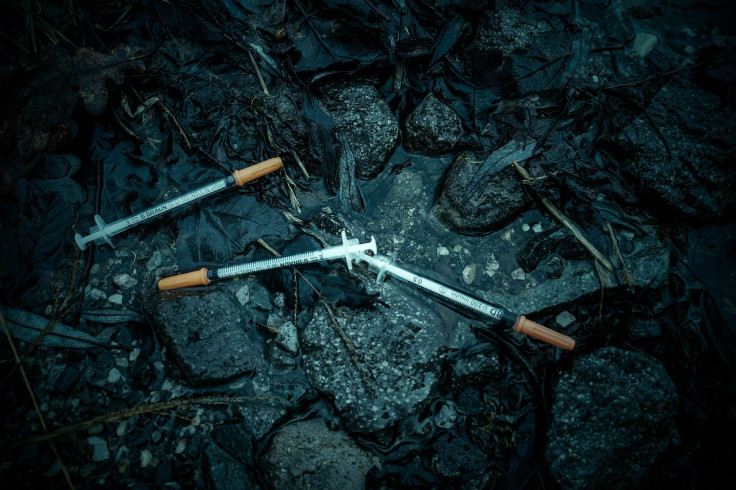A Vaccine Against Cocaine? Scientists Say New Jab May Help Break Cycle Of Addiction

A vaccine for cocaine addiction is in the works. Scientists hope the new test vaccine may help people break free from the addictive cycle of the drug and its derivative, crack.
Researchers from the Federal University of Minas Gerais in Brazil who developed the vaccine, called "Calixcoca," won the top prize at the Euro Health Innovation Awards for Latin American medicine last week after the treatment showed promising results in animal trials.
"There's no specific registered treatment for cocaine and crack addiction. We currently use a combination of psychological counseling, social assistance, and rehabilitation, when necessary," said Frederico Garcia, a psychiatrist and coordinator of the Calixcoca project.
Calixcoca vaccine functions by triggering immune systems to produce antibodies against cocaine molecules. The antibodies then attach themselves to the cocaine in the bloodstream, preventing them from entering the brain's reward center, which otherwise induces the production of high levels of dopamine. When the dopamine associated with addiction is not produced, the users no longer get high from the drug and can break the cycle of addiction.
When tested on animals, the vaccine induced a significant amount of antibodies with a few side effects, according to the researchers. They are now set to begin the final stage of the trials, where it will be tested on humans.
After getting regulatory approval, the new vaccine could be added to the current treatment regimen to help patients at critical stages of recovery, especially when they transition from rehabilitation programs, Garcia said.
However, the vaccine is not meant for everyone and is not a standalone treatment. It will not be a "panacea" that will be given to anyone, Garcia said.
The exact target group will be decided after trials. In the meantime, the vaccine is expected to target those "who are off (cocaine) and want to stay that way."
According to the U.S. National Institute on Drug Abuse, 25% of regular cocaine users become addicted to the drug and only one in four addicts come out of addiction after five years of treatment. Garcia hopes the new vaccine could bring a change to this "sad statistic."
A vaccine against cocaine based on blocking dopamine production in the brain was approved for clinical trial in the U.S. in 2016, after trials on monkeys and rodents. However, it failed in human trials.
Published by Medicaldaily.com



























